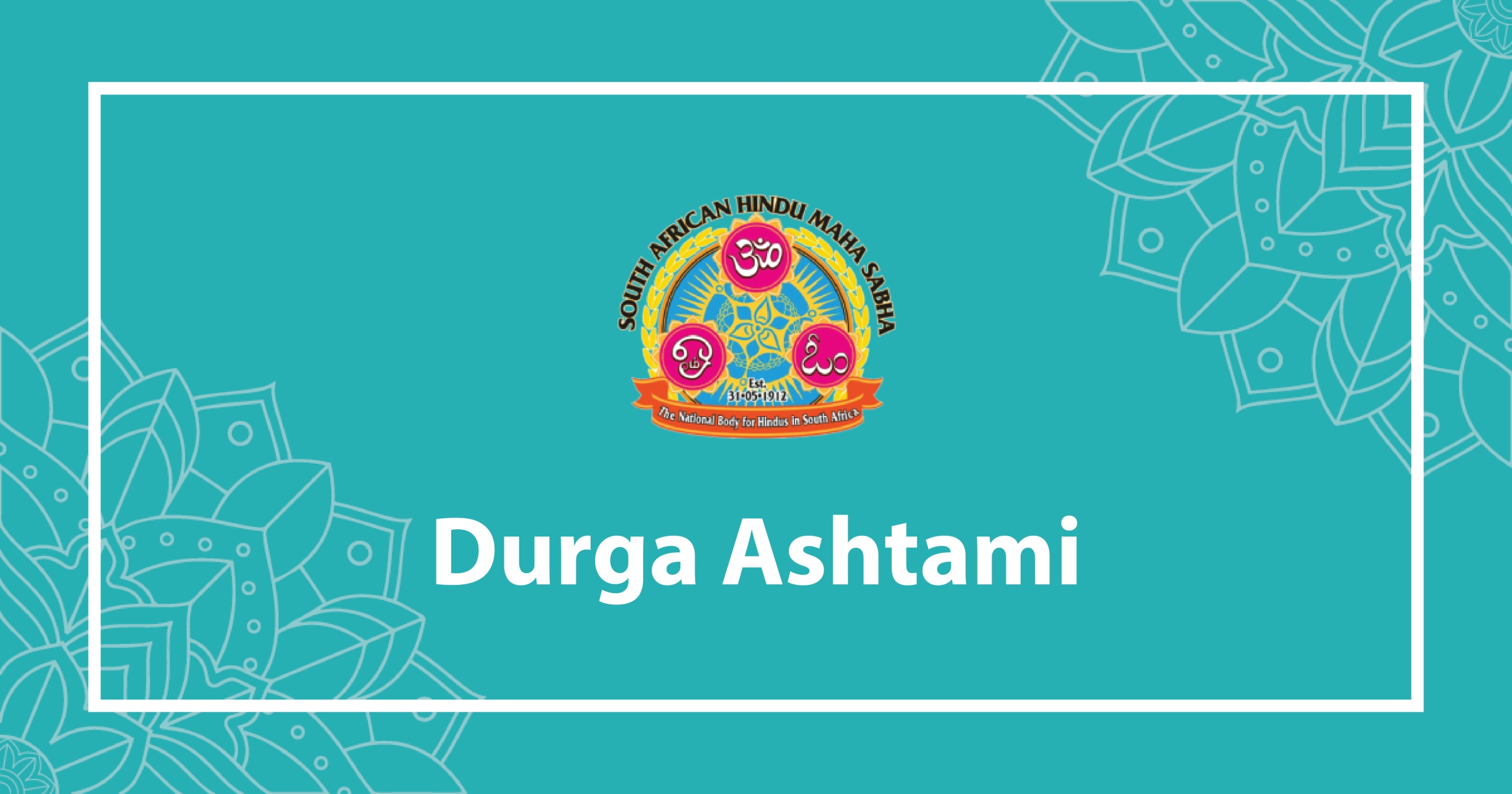[page_title]
English meaning of the festival
The word Ekadashi means eleventh and refers to the “thithi” (Hindu date) on which it is observed.
How the date is decided annually
There are various rules for determining the date of observance, depending on whether one is a Vaishnava (often described as one who has been given diksha of a Vaishnava) or a Smartha. The general rule is that Ekadashi should not be observed on a day when the tenth (Dashmi) thithi rules at sunrise. The Ekadashi dates are reflected in the panchang (Hindu almanac) and specify whether the date is in respect of Smartas or in respect of Vaishnavas. Quite often the dates are the same for both Smartas as well as for Vaishnavas, however the date of observance is sometimes a day later for Vaishnavas. All those who observe the fast sincerely, whether they are Vaishnavas, Smarthas, householders, men, women – including widows will benefit from the observance.
Significance of the festival to Hinduism
Eka means “one” (1) and dasha means “ten” (10). Ekadashi is therefore a time for the devotee to transform his/her actions of the ten senses and the mind towards God. Ekadashi is a time to control the ten senses and the mind by not allowing lust, anger, etc. to enter the mind. Ekadashi is observed so that the devotee may realise God.
How to observe/practice
According to the Krishna Janma Kaanda (Chapter 26) of the Brahmavaivarta Purana the devotee observing the Ekadashi fast should chant the Swasthi Vachan, offer worship to Ganesh & Gauri, Kalash & Varuna, Surya & Navagraha, Vishnu, Krishna, Shiva and Parvathi and Agni Puja. The devotee should also perform hawan, chant the name of Sri Hari, and meditate on Sri Krishna. The next day, after Ekadashi the devotee should break fast with food offered to the Lord (food left over from the Yajna).
Synonyms between major Indian languages
Egadashi in Tamil, Agiyaras (Gujarati)





Leave A Comment